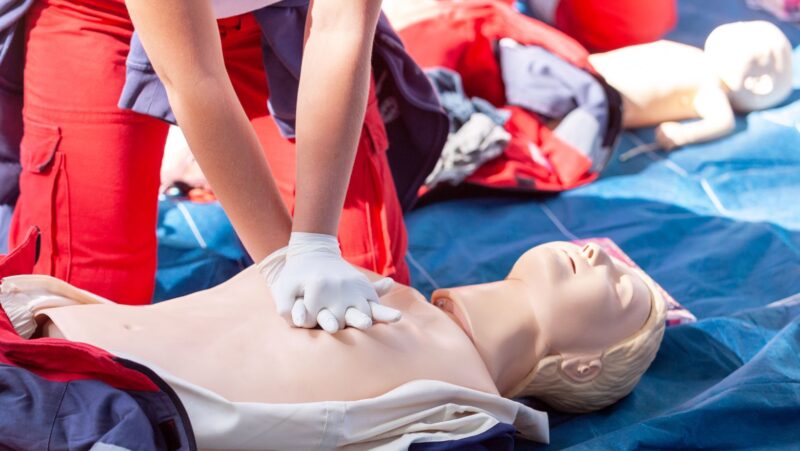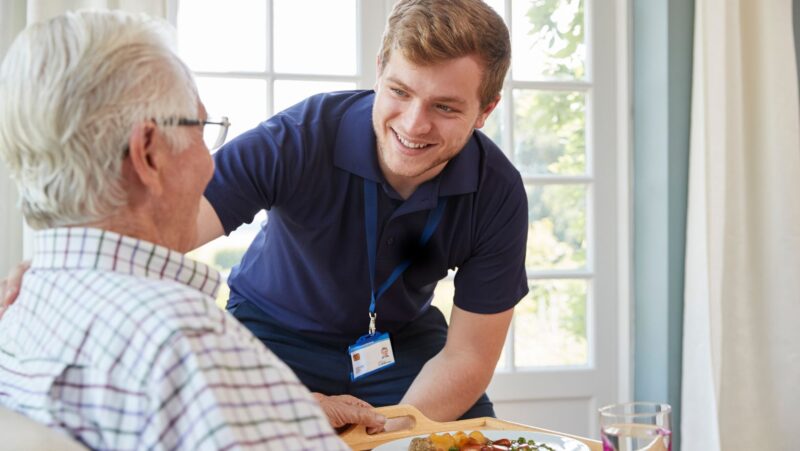
Addiction is a deeply personal struggle, but its effects extend far beyond the individual, impacting family, friends, and the broader community. The journey to recovery should not be walked alone, and the role of family in supporting and sustaining recovery cannot be overstated. A strong, understanding and involved family network can provide the encouragement and stability that are essential for long-term healing.
Understanding Addiction’s Ripple Effect
Addiction doesn’t occur in isolation. It affects everyone close to the individual, often leading to strained relationships, broken trust, and emotional turmoil. Family members frequently experience feelings of guilt, anger, or helplessness as they witness a loved one battle addiction.
However, when families are actively involved in the recovery process, they can transform from passive witnesses of struggle to active participants in healing. Family engagement in treatment programs can provide the necessary foundation for building healthier relationships and reinforcing accountability.
Why Family Support Matters in Recovery
-
Emotional Stability and Encouragement
Recovering from addiction can be an emotionally taxing process filled with challenges and moments of doubt. Family members who provide unconditional support create a safe space for their loved ones to process emotions and setbacks. This sense of emotional stability can be a powerful motivator for individuals to stay committed to their recovery journey.
-
Rebuilding Trust and Connection
Addiction often erodes trust within families, creating barriers that make communication difficult. Family involvement in recovery helps mend these fractures by fostering open dialogue and mutual understanding. Rebuilding trust is a critical step in helping individuals feel connected and valued as they work toward healing.
-
Breaking the Cycle of Isolation
Addiction thrives in isolation, and one of the key benefits of family involvement is breaking this cycle. Knowing they are not alone in their journey reassures individuals that they have a support system to lean on during difficult times.
The Family’s Role in Different Phases of Recovery
Family involvement is not limited to a single phase of recovery but spans the entire continuum, from initial treatment to long-term maintenance.
During Treatment
Families play a crucial role in the early stages of recovery by participating in family therapy sessions or workshops at treatment centres in bc. These opportunities help educate family members about addiction, its impact, and ways to support their loved ones effectively. They also offer a chance to address underlying family dynamics that may contribute to the addiction cycle.
In Post-Treatment Support
Once the formal treatment ends, families become a key source of ongoing support. Whether through active participation in aftercare plans or simply offering a listening ear, their involvement helps individuals maintain the momentum of recovery. Providing a non-judgmental environment where individuals can openly share their struggles and victories encourages long-term sobriety.
Practical Ways Families Can Support Recovery
While every family’s situation is unique, several universal strategies can foster a positive recovery environment:
-
Educate Themselves About Addiction
Understanding the nature of addiction is the first step in providing meaningful support.

By learning about the physical, psychological, and emotional components of addiction, families can better empathize with their loved ones’ struggles and avoid common pitfalls, such as enabling behavior.
-
Practice Effective Communication
Clear, honest, and compassionate communication is the backbone of any supportive relationship. Families should aim to express their concerns and feelings without judgment, creating a space where their loved ones feel heard and respected.
-
Establish Healthy Boundaries
Supporting someone in recovery doesn’t mean sacrificing one’s well-being. Setting boundaries ensures that family members can maintain their mental and emotional health while still being a source of strength for their loved ones.
-
Celebrate Milestones
Recovery is a journey marked by small victories and major milestones. Families should celebrate these achievements to reinforce positive behaviors and show their pride in their loved one’s progress.
-
Seek Professional Guidance
Family members may also benefit from addiction treatment centers, counseling, or support groups designed for those with loved ones in recovery. These resources provide a safe space to process emotions, share experiences, and gain valuable insights into supporting someone with addiction.
The Role of Community in Family-Inclusive Recovery
While families form the core support system, the broader community also plays an essential role in fostering recovery.

Community-based programs, support groups, and educational initiatives can help families feel less isolated in their struggles and more equipped to support their loved ones. A strong community network complements family efforts by providing additional resources and perspectives.
The Transformative Impact of Family Care
When families actively participate in the recovery process, they help create an environment of accountability, love, and encouragement. This involvement not only aids the individual in overcoming addiction but also strengthens family bonds, fostering a deeper sense of connection and mutual understanding.
Recovery is not just about addressing addiction; it’s about healing relationships and building a new foundation for the future. Families who commit to this process with patience, empathy, and an open mind can be a driving force behind lasting transformation.
A Journey Taken Together
Addiction recovery is a journey best undertaken together. Families have the power to be both a compass and a support system, guiding their loved ones toward a brighter, addiction-free future. By actively participating in the recovery process, they send a powerful message: healing is not a solitary endeavor but a shared journey of hope, resilience, and renewal.
Whether it’s through open communication, setting healthy boundaries, or simply being present, the role of family in addiction recovery is invaluable. Together, families and individuals can overcome the challenges of addiction and rediscover the joy and connection that come with a life in recovery.












